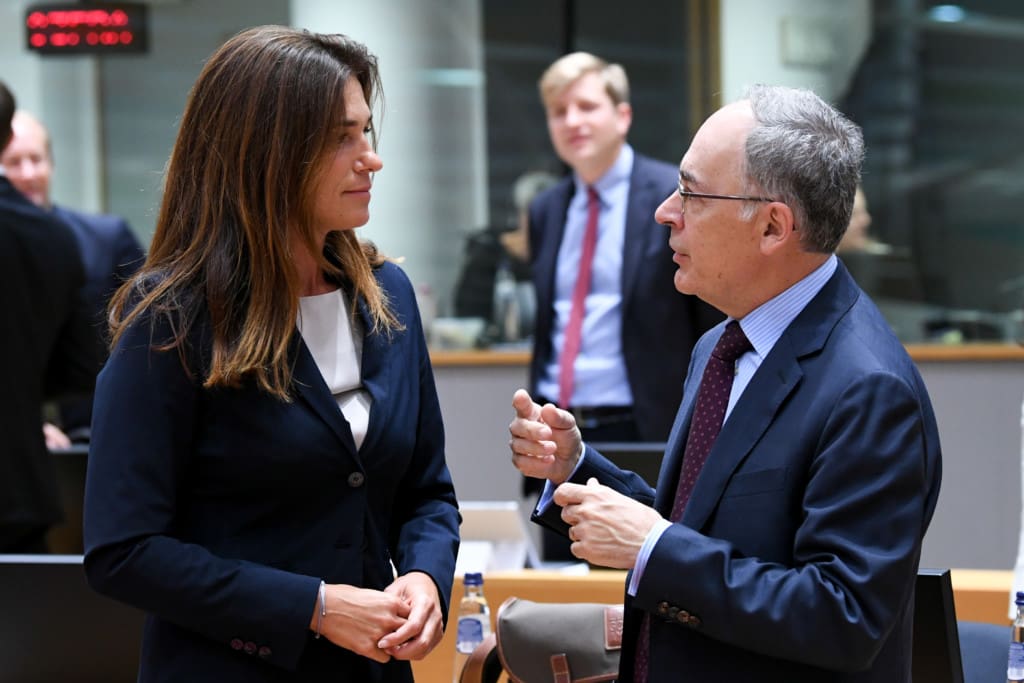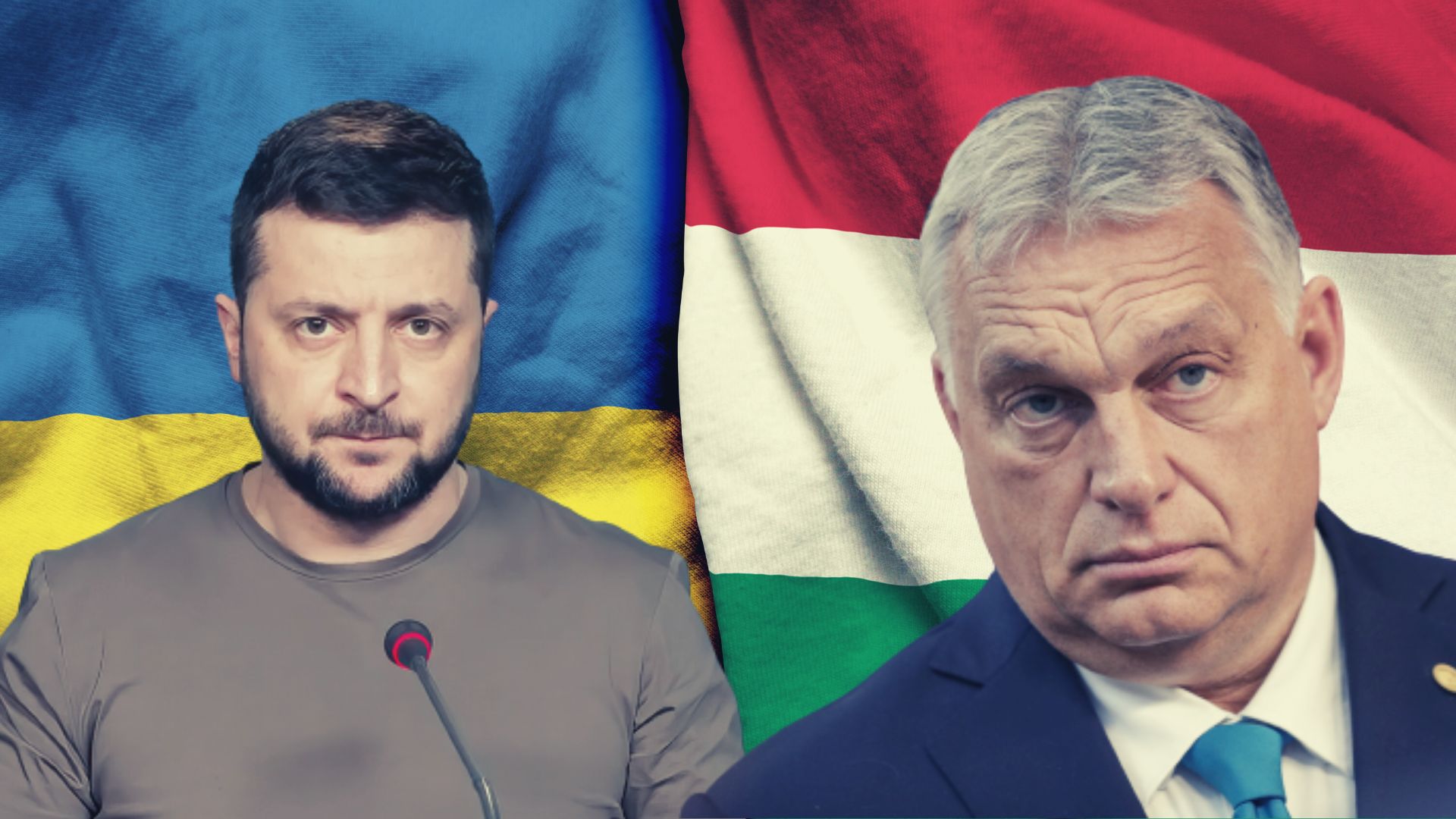While threatening to withhold €7.5 billion in funding from member state Hungary over corruption and “rule of law” concerns, the European Council has just approved a €5 billion installment to Ukraine despite the country being labeled one of the most corrupt nations in the entire world even before the war.
The latest batch of funds to Ukraine represents the second tranche of a total of €9 billion in planned assistance, with the €5 billion representing the largest installment of the macro-level financial support approved in June for the reconstruction of Ukraine and the repayment of its international loans.
In contrast, Hungary, which is an actual European Union member that is well-integrated into the European economy and manufacturing chain, has been frozen out of the EU Recovery Funds meant to help nations recover from the coronavirus pandemic. In addition, the EU is now moving to cut €7.5 billion from the seven-year budget over so-called “rule-of-law” concerns and corruption.

However, corruption is present in a range of other EU countries, such as Spain and Italy, and yet the left-wing, pro-EU governments in both countries face no such funding cuts. In what may be even more egregious for many Hungarians is that Ukraine was consistently ranked one of the most corrupt countries in the world long before war broke out there. Nevertheless, the left-liberal establishment of the EU has long been opposed to Hungary’s conservative government, which won another two-thirds democratic mandate in April of this year, and freezing funding is seen as a way to turn the screws on the nation and its government.
[pp id=7955]
The funding cut, if it goes through, will undoubtedly harm the Hungarian economy and the citizens of the country, which like the rest of Europe, are already facing a crisis due to rising energy prices and inflation due to sanctions on Russia.
Hungary has also provided material aid and support to Ukraine and its burgeoning refugee population, and that has added up in terms of costs. Over 1.5 million refugees have passed through the country’s territory, with many deciding to remain in Hungary. More than 4,000 Ukrainian children started kindergarten or school in Hungary at the beginning of September, in some 1,250 institutions. In addition, Hungary has provided shelter and free healthcare to Ukrainian refugees.
Hungary’s stance against energy sanctions on Russia has earned it even more enemies from the left in Brussels, but its long-time position on migration, family values, and multiculturalism had already made the country a target of Europe’s political establishment — even if that establishment has largely embraced many of Hungary’s most contentious policies, including the building of border barriers to protect them from illegal migration.
[pp id=8646]
A loan of €1 billion was disbursed to the Kyiv government at the beginning of August from the support package provided on extremely favorable terms. The remaining amount of up to €3 billion will be secured as soon as possible, according to Hungarian news outlet Magyar Nemzet.
“The European Union stands by Ukraine. We deliver on our promises and help ensure that the Ukrainian state and its key infrastructure can continue to function despite Russia’s war of aggression. At the next Ecofin meetings, I will push for a swift agreement on the provision of the remaining €3 billion, for which we must also agree on the division of this amount into loans and grants,” the council’s statement quoted Czech Finance Minister Zbyněk Stanjura (Czechia currently holds the rotating presidency of the EU).
The financial support complements other EU support provided to Ukraine in the humanitarian, development, and defense fields.
The loan serves as quick financial support to meet acute financing needs and ensures the continuous operation of the Ukrainian state. Ukraine’s financial woes have increased due to the war with Russia: In addition to damage to roads, bridges, factories, residential buildings, hospitals, and other infrastructure, the country has also lost access to international financial markets. As a result, Ukraine is short at least €37.3 billion to meet its financing needs in 2022, according to the International Monetary Fund (IMF).






